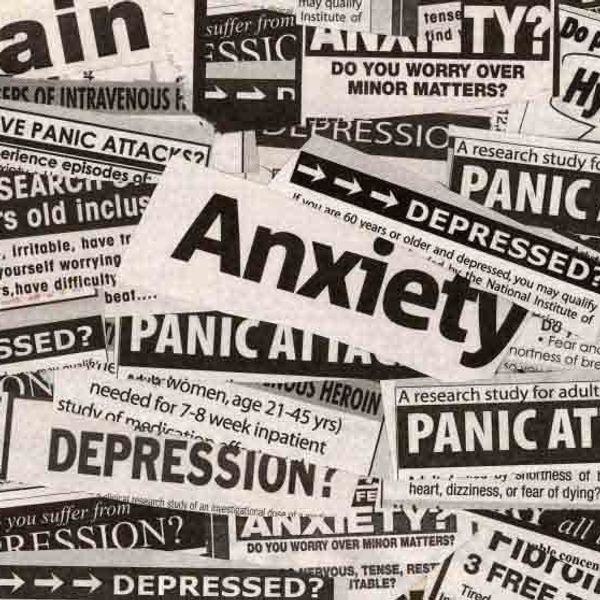According to healthline.com, one out of every four college students suffer from some sort of mental illness. Kind of surprising right? College is supposed to be the best four years of your life. But, 75% of college students don't even seek help for mental health problems.
From experience, I know that crippling depression can make it extremely difficult to enjoy your college life. You're not motivated enough to attend all classes or practices, you're too exhausted to go out with your friends, you don't have the mental stability to focus on homework for long periods of time, the list could go on. For me, my depression came on much earlier than college, but I'm still a college student athlete struggling with mental illness everyday. I know that we all are aware of what can happen on a campus when a college student's mental health goes untreated. Media has shown many incidents such as a student at Virginia Tech killing thirty-two people before putting the gun to his own head; or, the brutal suicides of seemingly successful students. There is little reason to fear people with a mental disorder, but the media has shown that they are dangerous and often incurable. It's no wonder that many college students are afraid to ask for help, never assuming that half of their peers are struggling with similar issues.
I believe that the benefits of improving a college campus' mental health facilities will truly impact the well being of all students and the atmosphere of the college. It's hard to find the funding for a therapist or psychologist on campus and what not, but just being open about the extent of depression and related disorders among students would be a start. It doesn't have to cost a lot of money. Students on campus are also in a position to help each other out through mental illness. There are people out there struggling with a similar problem, and knowing you have someone out there who can relate could really help you. Research has shown that certain types of talk therapy can help young adults deal with depression; therefore, there needs to be a group of faculty or advisors on campus who are there to talk to students about their depression. All staff on on campus should also be aware of the seriousness of mental illness, and be able to identify the symptoms of extreme depression.
It's also not just depression that students may struggle with. The National Eating Disorders Association (NEDA) reports that eating disorders typically begin between 18 and 21 years of age, which is exactly the time many of those affected would be attending college. If there were a sufficient amount of resources on campus to aid students with some of these issues, I think we all would have an easier time. Even putting up a simple poster campaign announcing the basic statistics of mental illness and assuring students that there is no absolute reason to be ashamed of what they are feeling may reduce the resistance to seek help.
The stigma of mental health has been labeled perhaps one of the biggest barriers of advancing in mental health care. Eradicating the stigma and social distancing of people with mental illness must be a top public health priority in order to improve campus mental health.





















